Fighting a Battle, Not Alone
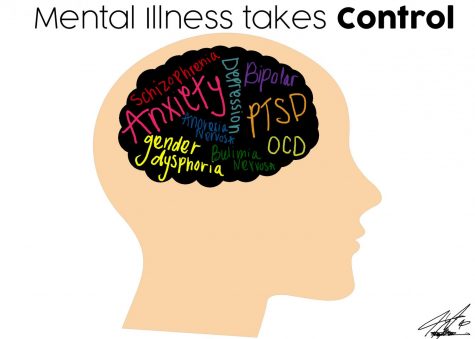 Throughout the halls, people huddle in posses. Friends laugh and gossip together. The mood shifts. Splitting, the clique makes room as another girl turns down the hall, eyes gaunt, devoid of emotion, lips dry, cracking and peeling. Her arms are thin, waist slim, with “skinny” jeans barely staying on her hips, even though they are the smallest size. The girl walks slowly towards her class as people whisper. Slipping through the door, she escapes the prying eyes.
Throughout the halls, people huddle in posses. Friends laugh and gossip together. The mood shifts. Splitting, the clique makes room as another girl turns down the hall, eyes gaunt, devoid of emotion, lips dry, cracking and peeling. Her arms are thin, waist slim, with “skinny” jeans barely staying on her hips, even though they are the smallest size. The girl walks slowly towards her class as people whisper. Slipping through the door, she escapes the prying eyes.
Anorexia.
Chosen for the visual impact, this is just one of many mental illnesses that teens battle with along with depression, anxiety, OCD and the list continues. Ever growing in schools, illnesses can cause social stigmas for those who fight them every day. From being seen as less than human to just weak, those who have no experience with these issues have no way to understand the pain and difficulty people are facing daily.
A stigma is a mark of disgrace that is associated with a person, idea, quality or circumstance. From what someone looks like physically to who people are associated with, these attributes factor into how people are perceived. Therefore, it extends even into things invisible to the naked eye, stigmas shape people’s experiences in high school.
Problems build. Emotions spike. People hurt. Many teens wither alone rather than reach out for help, fearful of how people will see them. Mental illness is just that.
Mental.
Unlike Anorexia, it usually cannot be seen with a physical mark on the body. Made up of an imbalance of chemicals in the brain, causing issues one cannot simply solve alone. Small signs can show deeper problems and they are missed regularly. From mood changes to a withdrawal from friends and family, the signs seem unrelated at first. Sometimes a feeling as though something is wrong accompanies other symptoms leaving the person not able to find what is the issue, just an overall unease.
This is how it was for me.
I could tell something was wrong. There was a shadow always looming in my peripheral vision. It was terrifying. An absolute darkness that was unshakeable. For months there was a weight on my chest. Isolation left me barren of constructive emotion. Anxiety controlled my days. Depression left me aching for human contact. In a room with friends, I still felt alone.
Every day felt the same. Wake to deafening silence, aimlessly go through the motions and after a day of nothingness, I was overwhelmed with exhaustion. Physically and mentally exhausted.
The point of life evaded me.
There’s a low you reach when you have thoughts telling you that your family, friends, and acquaintances won’t miss you, when you listen to songs that could be played at your funeral. A low so deep that the hurt you would cause your friends and family by ending your life, doesn’t seem as bad as living another day.
That’s when I realized I needed help.
I will never go back to that place. There are still days that these thoughts reoccur. I know I’m lucky. It pains me to know how close I was to death. I have marks on my body that may fade, but will never disappear.
This is the issue of mental health.
I am not an isolated case. I am not even an irregular case when it comes to depression. According to the Centers for Disease Control and Prevention (CDC) suicide is the third leading cause of death in teenagers. One out of every five teens is or will experience a mental illness and struggle against their own brain chemistry. A battle, hard fought, and without help, most cannot succeed.
People see anything they don’t understand as a plague. A way to further divide the human race into more categories. There is enough dividing people lately without mental health stigmas adding more fuel to the fire.
Signs can be seen. There are ways to prevent or help teens with mental health issues. But to get to that point we need to rid them of the fear of judgement they receive when they ask for help. The world is much brighter outside the aphotic world of an isolated mind. Love yourself. Protect yourself. Reach out. It’s a dark world, but you are not alone. We are not alone.

Trevor is kicking off his third year in journalism as a senior. In his last year, he enjoyed writing columns, hard news, entertainment reviews and producing...

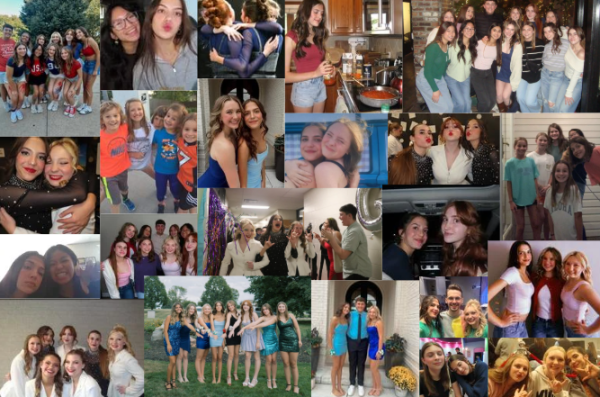
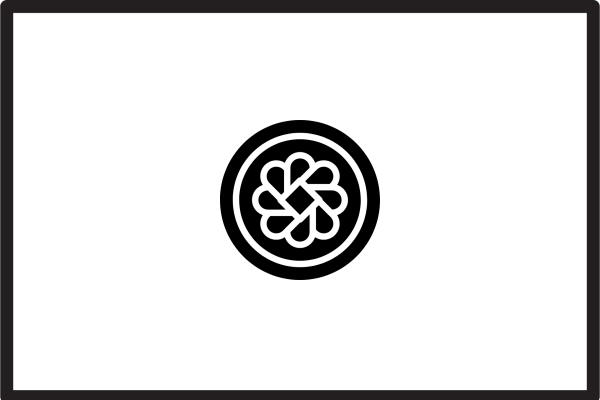
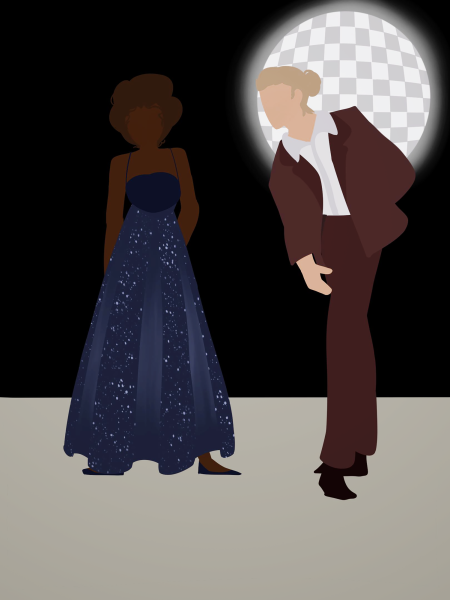

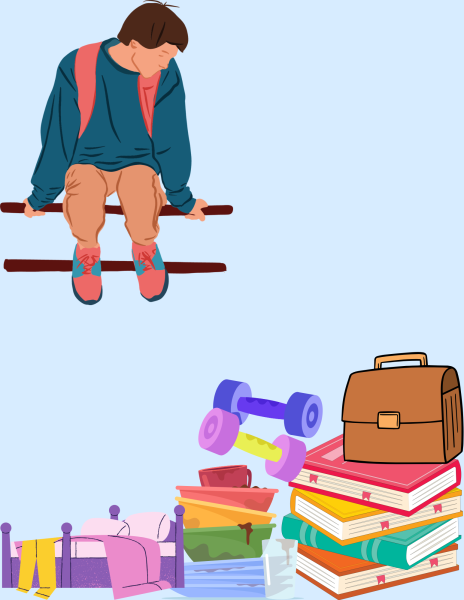
Joe • Mar 1, 2018 at 8:58 am
I am so glad Millard has let someone talk about something as important as the issue of mental health.